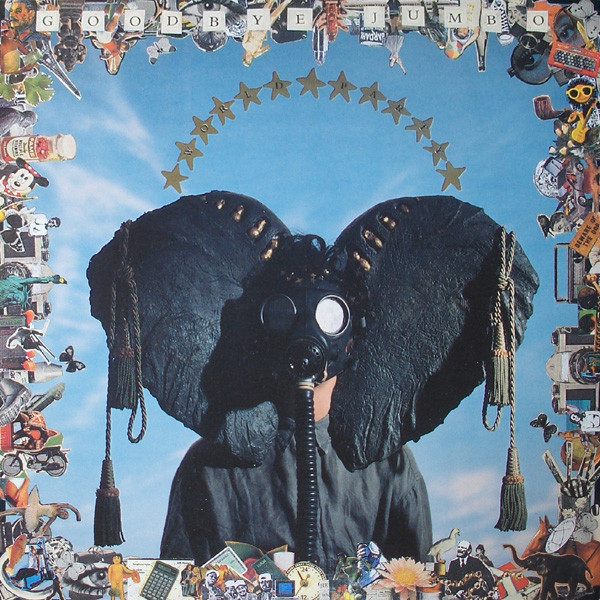While much of his studio work was one-man-band, he did rely on a few hired guns, especially for live work. In fact, the songs most people would have heard appear that way, sometimes twice. (Anyone seeking a more concise compilation with the actual hits can opt for 2007’s Best In Show, also released on his own label.) We also notice that for a guy trained on piano, he plays a decent guitar for a southpaw holding it upside and backwards.
The music isn’t organized thematically or chronologically, and we’re not going to discuss every track here, but there are some amazing gems hidden throughout. Right off the bat “Waiting Such A Long Long Time”, “Nothing Lasts Forever”, and “Everybody’s Falling In Love” are catchy tracks that would have been welcome on any album. Add other nice surprises like “No More Crying”, “Basically”, the mildly Kinky “All The Love That’s Wasted” (which sounds better here than on Dumbing Up), “Lost In Infinity”, “Another World”, and “Mystery Girl” (heard in two versions here) and there’s a solid single album right there. One of the better tracks is “Time On My Hands”, a Bang! B-side written by occasional guitarist (and professional McCartney impersonator) Dave Catlin-Birch. “Kuwait City” is also revived from its hiding place on Bang!.
Influences abound, from the note-for-note remakes of three White Album tracks, Little Richard’s “Lucille”, and Dylan’s “Sweetheart Like You”. Sly and the Family Stone’s “Stand!” is a good live cover, but there’s no need for anyone else to play “Like A Rolling Stone”. Just to prove his versatility and capacity for silliness, you can tap your toes along with the British music hall of “The Good Old Human Race”, “You’re Beautiful But Get Out Of My Life”, and snippets like, well, “Silly Song”.
They can’t all be perfect, as demonstrated by the overlong “Everybody Dance Now” leading into a too-short Brian Wilson inference called “Closer Still”. “This Is Your World Speaking” tries to be an anthem of universal togetherness, but at nine minutes it’s what happens when one works alone. “Break Me Again” could easily be whittled down to a third of the length, while unfinished ideas like “New Light” are just begging to be enhanced. The instrumental “Outro” has us wishing we could hear the rest of the tune. There’s a lot in here to explore, and its bulk is what holds Arkeology back.
World Party Arkeology (2012)—3
:format(jpeg):mode_rgb():quality(90)/discogs-images/R-3716454-1488213034-3351.png.jpg)




